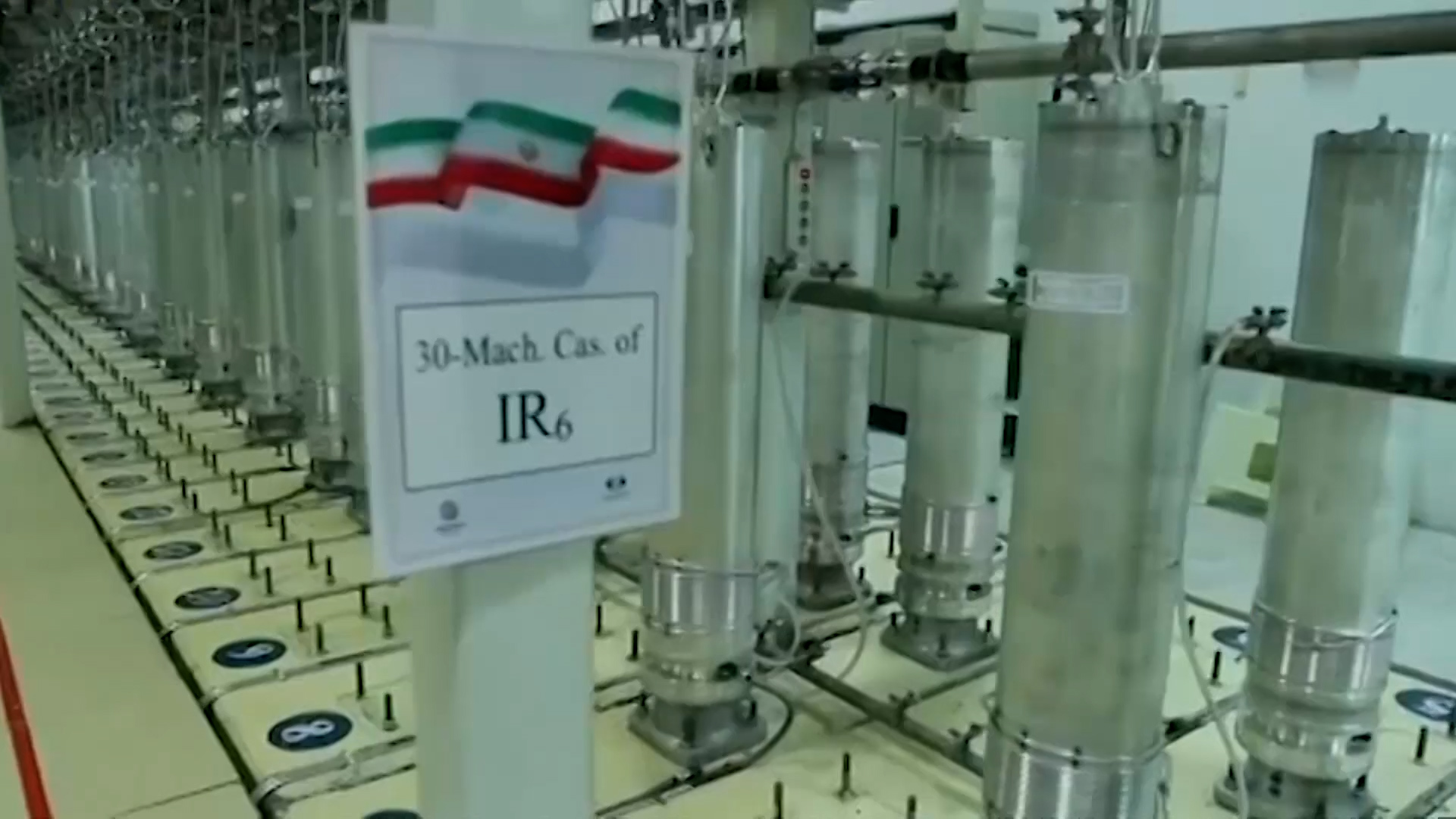A tripartite European statement accused Iran of undermining the nuclear talks by making demands separate from its international commitments, including closing the International Atomic Energy Agency's investigation into 3 undeclared sites, while Tehran warned the Europeans not to be influenced by a third party seeking to thwart the negotiations.
And France, Germany and Britain made it clear - in a joint statement - that the recent Iranian positions raise doubts about its intention to return to the agreement.
She added that the final European text on returning to the nuclear agreement included maximum flexibility, and that Iran chose not to seize a crucial diplomatic opportunity, and continued to escalate its nuclear program.
"Unfortunately, Iran has chosen not to take advantage of this crucial diplomatic opportunity," the three countries said in their statement, noting that Tehran "instead continues to escalate its nuclear program beyond any reasonable civilian justification."
Tehran has re-established issues related to its legally binding commitments under the Nuclear Non-Proliferation Treaty, which was reached with the International Atomic Energy Agency.
The three countries stated that "this latest request raises serious doubts about Iran's intentions and its commitment to reaching a successful outcome with regard to the Joint Comprehensive Plan of Action."
On the other hand, Tehran denied these accusations, and a Foreign Ministry statement responded with counter accusations, considering the tripartite statement unconstructive, and warning the Europeans against being influenced by a third party that seeks to thwart the negotiations.
The Iranian Foreign Ministry added that the issuance of the European statement "is an ill-considered step in the path of the Zionist entity's efforts to thwart the negotiations," and that the statement coincided with the exchange of messages to end the negotiations, stressing that this is a fruitless approach, as she put it.
The Foreign Ministry stressed that Tehran has the will to finalize the nuclear agreement, and that the progress of the negotiations is due to Iran's initiatives.
The adviser to the Iranian negotiating delegation in Vienna, Muhammad Marandi, also accused the Europeans of siding with Washington.
He told Al Jazeera that the gaps between Iran and the United States are caused by ambiguities in the text that Washington wants to use later against Iran.
Marandi stressed that his country would not allow this to happen.
The statement of the three European powers comes a day after US Secretary of State Anthony Blinken confirmed that Iran's latest response to the issue of reviving the nuclear agreement represents a step "backward."
"We are not about to agree to an agreement that does not meet our basic requirements," he added.
The 2015 agreement between Tehran and 6 international powers (Washington, Paris, London, Moscow, Beijing and Berlin) allowed for the lifting of sanctions on Iran in return for reducing its nuclear activities and ensuring the peace of its program.
But the United States withdrew from the agreement in 2018 under its former president, Donald Trump, re-imposing sanctions on Iran, which responded by gradually beginning to retreat from most of its commitments.

